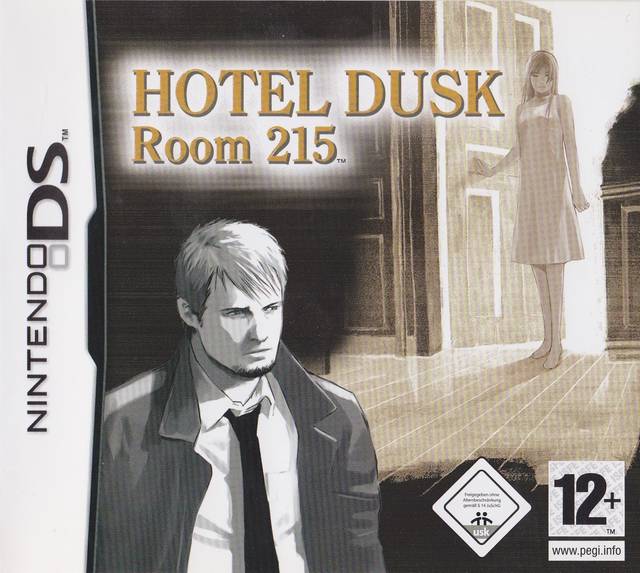
I think in general it's unusually something that I enjoyed the storyline of more than the actual gameplay. Demonstrating the other half of this complaint, it turned out to be another item that I'd seen chapters and chapters ago and had been unable to interact with, so had totally forgotten about.

Fair enough, but from where I was standing on that screen I could see at least three different ways to get the label off if the bearded twit would just pick the damn thing up - instead, I resorted to a guide to see exactly how the game expected you to complete the no-hands approach to removing the label. For example, at one point you have to find and deliver a wine bottle label to someone - when you find the bottle in the kitchen he announces he only needs the label and leaves it alone. He'll happily look at cupboards and drawers without opening them unless the game dictates that you need to, and leave important-seeming items where they are rather than stashing them in his jacket - you absolutely can't pick anything up or look at anything closely until the game knows that you need it. Once you've got past the first few puzzle scenes and are well into the adventuring bits, you begin to realize that even though Kyle may have been on the force for years, as an adventure game protagonist he's clearly a rank amateur. One of the most obvious is when you're blocked on the stairs at the very start - upholding the game's handwritten theme, I think the scene would be much more in character if it played out like this: These vary from positively Kojimaic to blatantly Laytonesque - many of them get you to use the DS in ways that you don't expect (to the point of being impossible to work out if you're too aware of what the apparent limits of the hardware are), but sometimes they feel like they're being placed in your way for no reason. Most of your involvement in the game is wandering around the hotel talking to people and poking at things to see if there's anything interesting around - occasionally you'll get a brief mystery-sounding jingle leading you into a zoomed-in view where you have to complete a barely-disguised minigame in order to progress. The game is laid out in chapters dividing the game into units of time (the evening advances about an hour for each chapter), further reminding me of Ben Croshaw's adventures. The characters in the simple 3D environment and on the conversation screens are all drawn in a papery sketch style, gathering pages in your notebook is central to some puzzles - and even playing the game itself involves holding the DS sideways like an open book, something that you notice most on the menu screen, with the player character Kyle looking down with his notebook in one hand in exactly the same way that you're holding the system.

Perhaps it was because the mood of it reminded me of some other games, because I can't name an adventure game that's been this neatly themed around writing since Trilby and his Notes. I was expecting a Silent Hill-like alternate dimension to gradually appear beneath the faded paint of the walls, and monsters to start jumping out of wardrobes fairly early on. There's something about the setting of it - a salesman who used to be in the police coming to a falling-to-pieces hotel in the middle of nowhere with mysteriously-named rooms, some of which have been locked up for years because of vaguely-explained problems. There, I just saved you half an hourįor some reason, I kept expecting Hotel Dusk: Room 215 to turn out to be a horror game, even when I knew it wasn't.


 0 kommentar(er)
0 kommentar(er)
